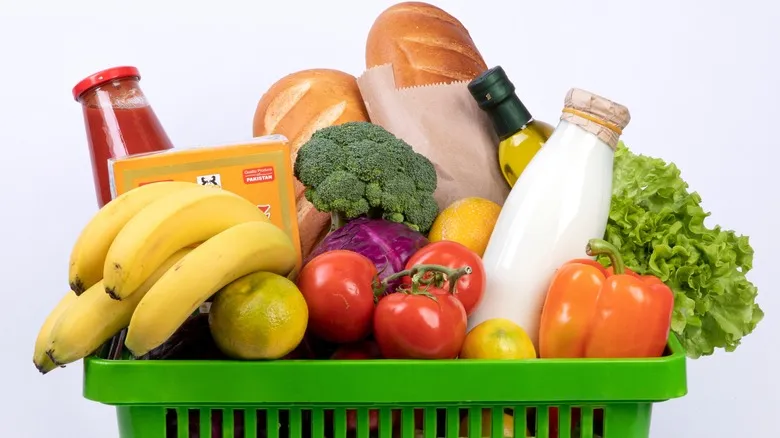Organize your fridge
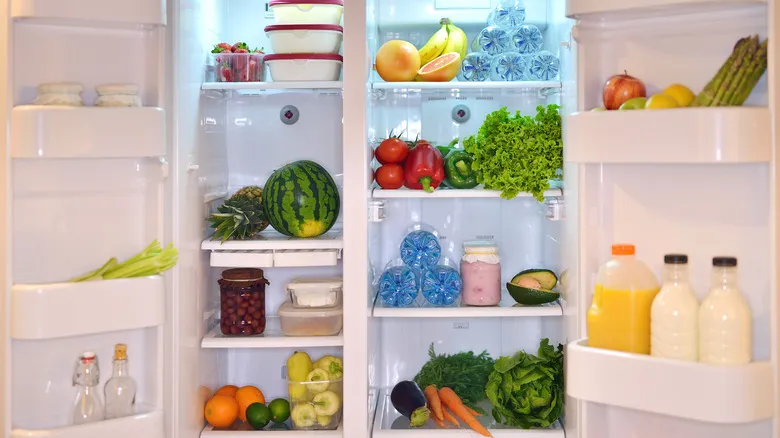
Just as we sort through our books and clothing, it's essential to evaluate the contents of our refrigerators. This practice can prevent you from purchasing a third bottle of ranch dressing when you already have multiple in stock (including one that's almost expired and another that's been there for years!). Dispose of any spoiled produce and condiments (farewell), and keep items that are close to expiring in plain view to remind yourself to use them.
Be realistic when shopping for produce
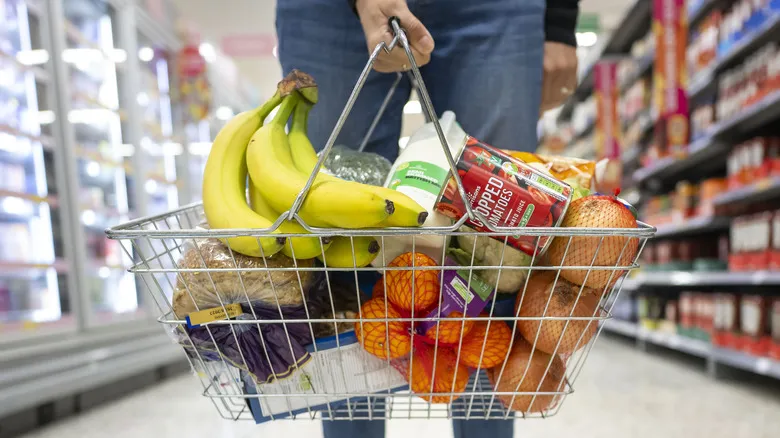
If you often find yourself discarding wilted greens and spoiled fruit, you may be a bit too ambitious with your produce purchases. While buying in bulk is a great idea for canned and dry goods that have a long shelf life, it’s important to assess your cooking and eating habits with fresh produce and adjust your shopping list accordingly. If you can modify your weekly routine, consider adopting a European-style shopping approach by making shorter, more frequent trips to the store to gather what you need for the next day or two.
Additionally, ensure that you store your fruits and vegetables properly to extend their freshness in the fridge. This involves keeping certain types of produce separate, maintaining an appropriate refrigerator temperature, and steering clear of precut items that tend to spoil more quickly.
Portion your plate
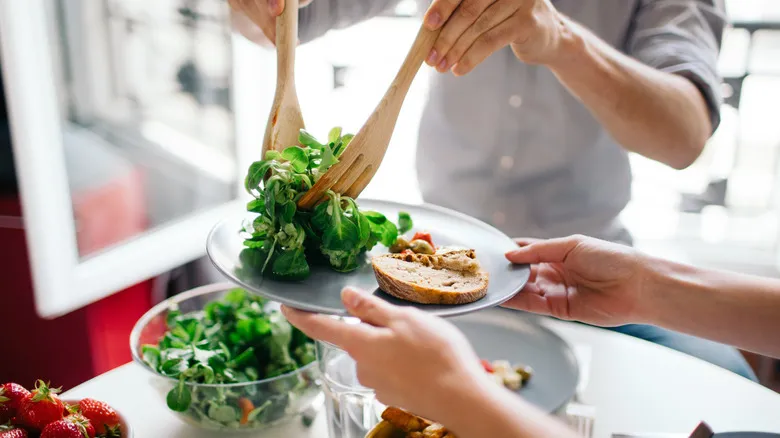
As adults, we understand our own appetites! When serving yourself, take only what you intend to eat to prevent good food from ending up in the trash. This is especially important if you're a guest at someone else's home—your host likely won't want to keep leftovers from your plate, so any food you leave behind will likely be discarded. Keep in mind that you can always go back for seconds, and any uneaten food in the serving dish can easily be repurposed for future meals.
When storing leftovers in the fridge, be mindful of common mistakes that can spoil your food, such as using inappropriate containers or leaving food uncovered.
Get doggie bags from restaurants
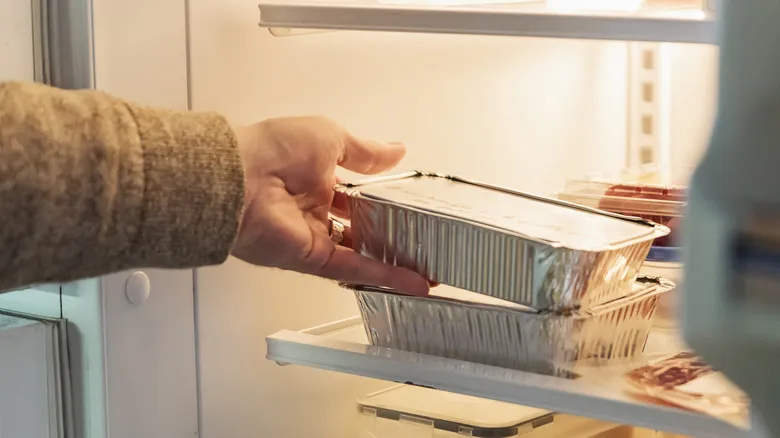
Always request takeout containers for your restaurant leftovers. You might enjoy that leftover pizza later, but even leftover soup or half a sandwich can make for a great snack between meals in the coming days. Plus, you could use that rice as a convenient base for your next home-cooked dish, or save the bread from the restaurant's bread basket. Even if you're satisfied now, consider how those leftovers can help delay your next trip to the grocery store!
Buy ugly produce
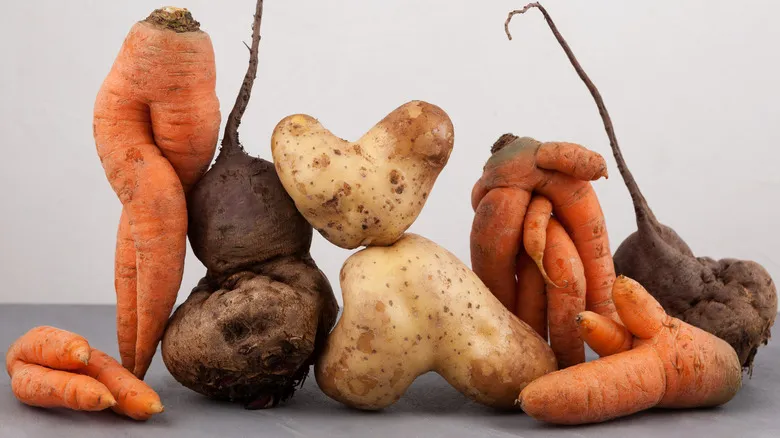
Initiatives such as Imperfect Produce aim to tackle the staggering $408 billion in food waste generated annually. This waste arises because many grocery stores are reluctant to stock and sell misshapen potatoes, small kiwis, or irregularly-shaped peppers—traditionally, consumers tend to avoid these items, leading to their disposal. By choosing to buy imperfect fruits and vegetables, you help rescue them from being discarded, and if you happen to live near a grocery store with a discounted produce section, you can save some money as well!
Compost egg shells, rinds, peels, and more
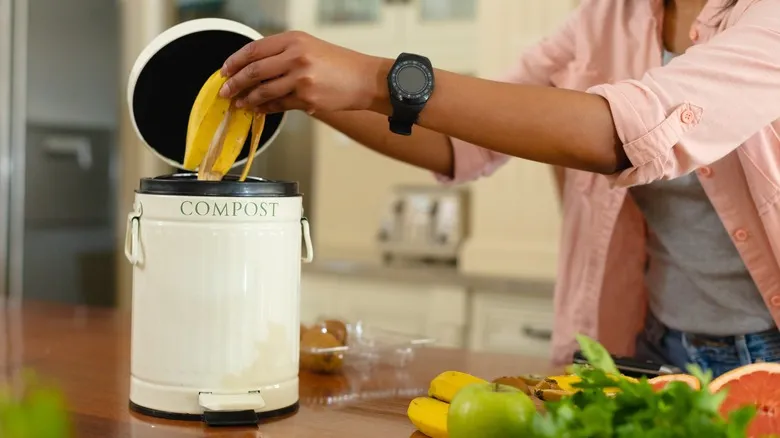
Eggshells, corn cobs, melon peels—oh my! Many food scraps can't be transformed into new culinary creations, but that's where composting comes in! Instead of tossing these leftover food items into the trash and eventually into landfills, composting converts them into nutrient-rich soil. However, there are certain foods you should steer clear of when composting, such as meat, fish, oils, and dairy products. Additionally, be sure to avoid composting anything that contains plastics or pesticides.
If you're ready to fully embrace composting, you might want to consider the Mill Food Recycler. While it may be on the expensive side, it serves as a great alternative to potentially odorous countertop compost bins.
Save food scraps for stock (or pickle 'em!)
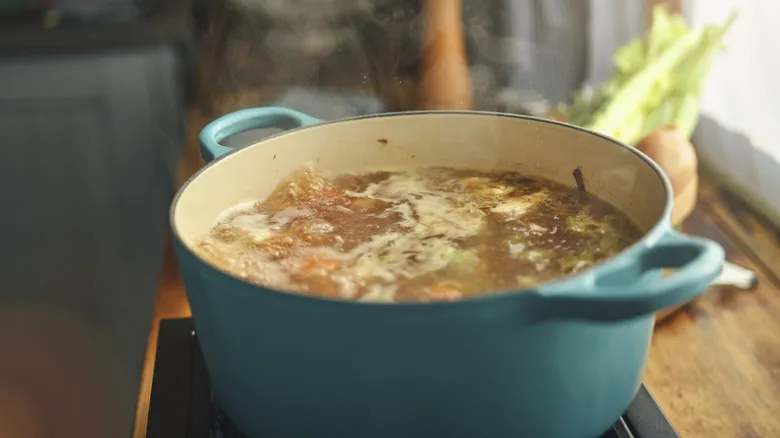
Many of those food scraps can be excellent ingredients for stock! Onion skins, garlic ends, herb stems, and carrot tops — collect these in a freezer bag, and once you have a sufficient amount, simmer them in water for an hour (or longer), strain, and you'll have a delicious stock perfect for soups and slow cooker dishes. Meat bones, cheese rinds, and shrimp shells are also great for stock — just steer clear of citrus peels or any ingredients that might overpower the more subtle flavors.
Additionally, you can pickle items you would typically compost, such as watermelon rinds.
Freeze any food you won't eat in the next couple of days
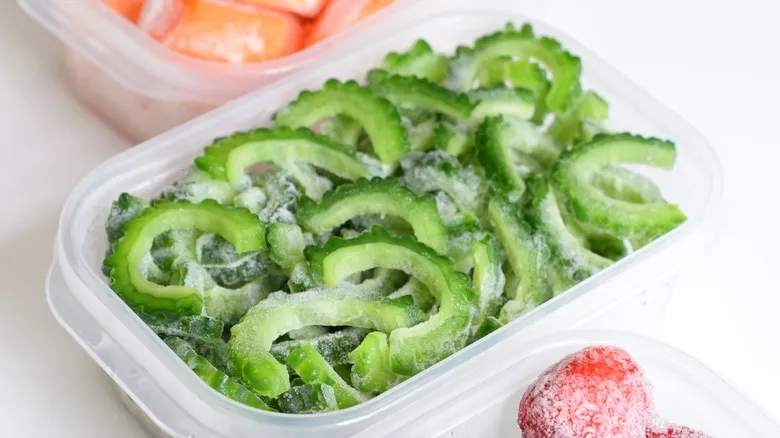
Before you stash that large pot of beef chili in the fridge, consider this: will my family finish it before it spoils? Keep only what you can realistically consume in the next few days in the fridge, and freeze the rest. This way, you won’t get tired of eating the same meal every day for a week, and you’ll have convenient meals ready to go when you defrost them in a few weeks! The same applies when you're heading out of town; be sure to freeze any leftovers from the fridge to prevent them from going bad while you're away.
Refrigerate bread to prevent mold
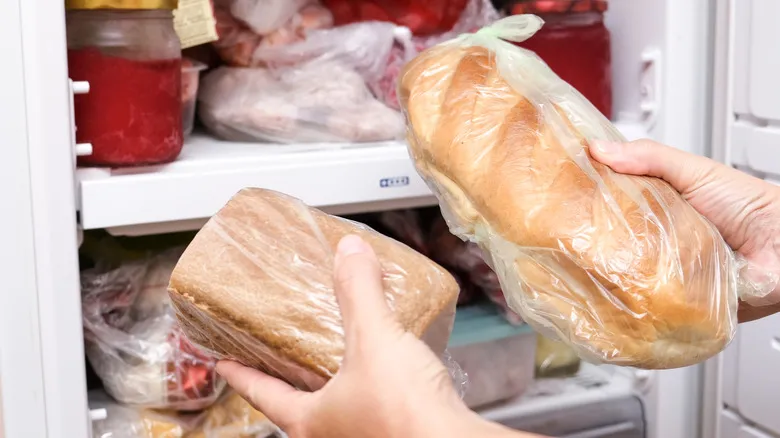
This is a debated subject—some individuals dislike keeping bread in the fridge, believing it becomes dry, while others take the opposite approach and store bread in the freezer, toasting slices as required. Having lived in several apartments with warm kitchens, I can confirm that refrigerating my bread has saved me from many moldy loaves, and I've observed minimal to no difference in texture and taste. Everyone has their own preference when it comes to this advice!
Equip yourself with items to make eliminating food waste easier (or more fun!)
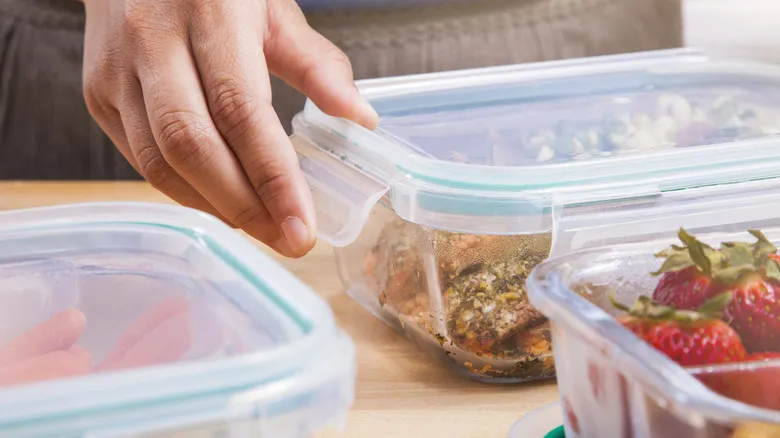
At times, we need to acknowledge that a bit of retail therapy can motivate us to embrace change. Fresh workout gear can inspire us to hit the gym more often, while high-quality cleaning supplies can help us maintain a cleaner home. A juicer can encourage us to incorporate more fruits and vegetables into our diets, and a canning kit allows us to create delicious preserves. To keep everything neat and accessible, investing in better storage solutions is essential! We suggest using glass containers, as they make it simple to locate and quickly use the items in your fridge.
Recommended
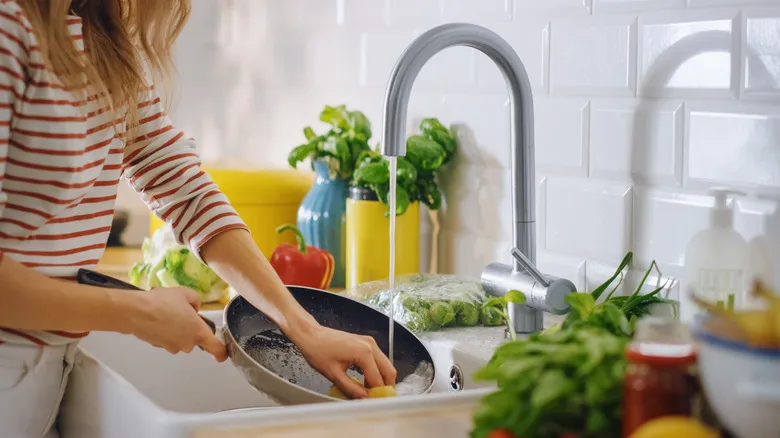
13 Foods You Should Never Put Down Your Kitchen Sink
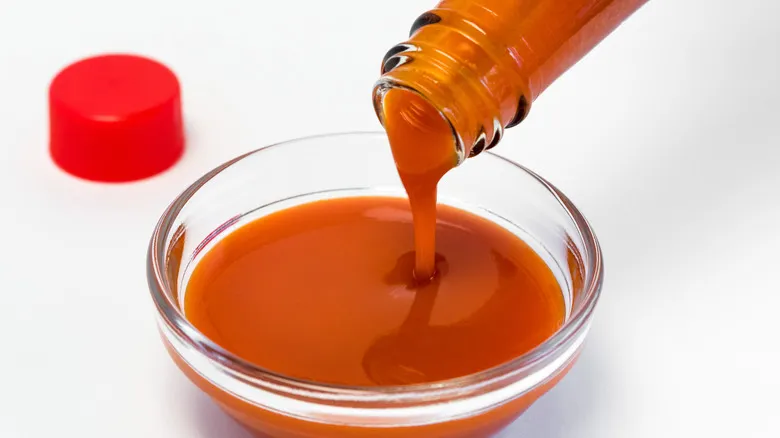
How To Tone Down The Heat Of Your Homemade Hot Sauce
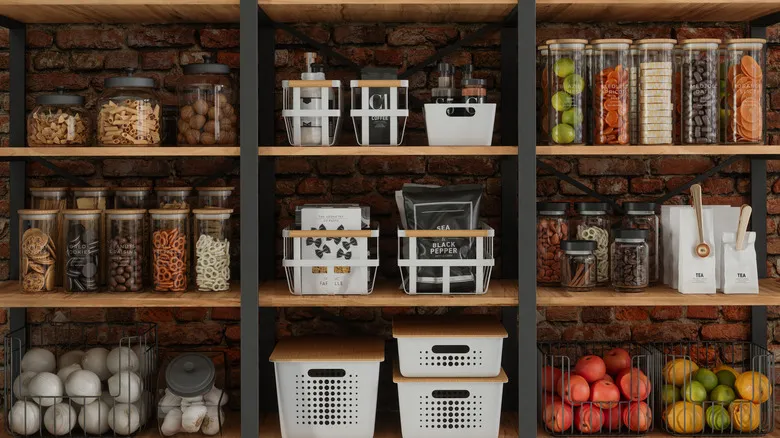
Say Goodbye To Pantry Pests With These Easy Tips
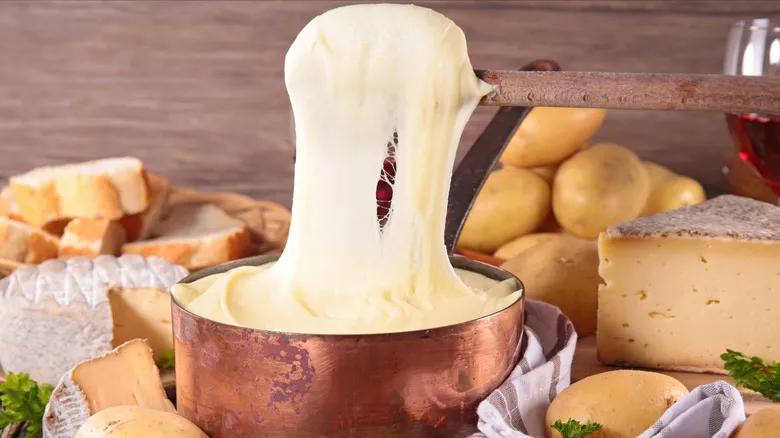
What Is Pommes Aligot And How Is It Different From Regular Mashed Potatoes?
Next up

